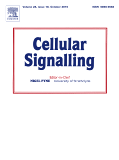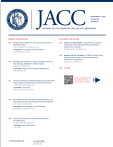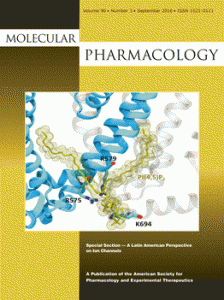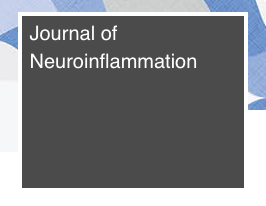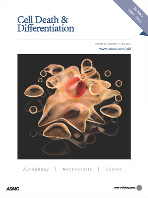 Researchers have retracted a 2016 cancer study, citing discrepancies between the data and images presented in the paper.
Researchers have retracted a 2016 cancer study, citing discrepancies between the data and images presented in the paper.
Although the retraction notice itself contains relatively little information, we’ve obtained a letter from the last author — Jun-Li Luo of The Scripps Research Institute in Jupiter, Florida — to the editor-in-chief of Cell Death and Differentiation that says a bit more.
According to the letter, after receiving the anonymous email, Luo conducted an investigation, contacting co-authors who contributed each of the figures in question. Although Luo writes that he has no reason to suspect fraud, the researchers were not able to provide some of the original data.
PubPeer commenters have questioned figures 1, 3, 4, 5, 6 and 7 in the study, “IKKα-mediated biogenesis of miR-196a through interaction with Drosha regulates the sensitivity of cancer cells to radiotherapy.”
In the letter, Luo tells Gerry Melino, co-editor-in-chief of the journal from the University of Leicester, UK, that figures 3D and 3E were provided by the study’s first author, Xing Fang, adding: Continue reading Authors retract 2016 cancer study when data don’t align with figures
 A researcher charged with embezzlement — and now the
A researcher charged with embezzlement — and now the 